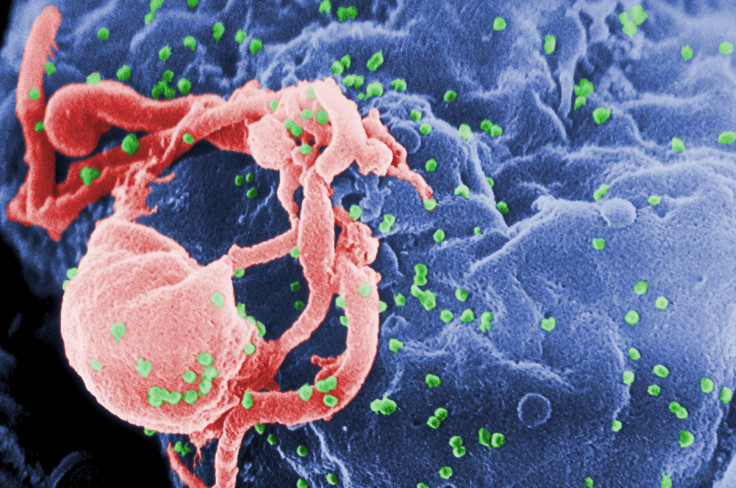Danish Scientists Claim HIV Cure 'Within Months,' May Be Too Ambitious

We hear the stories more frequently now - as research progresses, AIDS patients are being "functionally cured" (see here, here and here). And for every successful cure story there are two to 10 scientists claiming that they are on the brink of an affordable cure for everyone with the disease.
Most recently, scientists in Denmark announced that they are "within months" of finding a "promising" cure for HIV, the virus that causes AIDS. Researchers used a therapy that flushes the virus from the "reservoirs" it forms within DNA cells, allowing the body's immune system to naturally hunt and destroy it. After trying the the therapy on skin cells, they're now ready to test it on actual patients.
"The challenge will be getting the patients' immune system to recognize the virus and destroy it," said Dr. Ole Sangaard, a senior researcher in the Department of Infectious Disease at Aarhus University Hospital in Denmark. "This depends on the strength and sensitivity of individual immune systems."
That sounds great, but "within months?" Doesn't that time frame seem a little premature considering the rest of Dr. Sangaard's statement?
Dr. Dennis Sifris and James Mayhre of About.com say that although the Danish research is "credible and compelling," most clinical trials last an average of 5-8 years. While the hospital's optimism probably led the researchers to place a shorter timeline on the study, it was more than a bit ambitious.
HIV and AIDS are similar to most other diseases in that they react differently within different people. But it is especially difficult to treat and find a cure for diseases like HIV and AIDS because immune systems are so complex. HIV can remain latent in immune system cells for many years without being detected. And as Dr. Sangaard pointed out, the success of his trial - or any other - largely depends on the abilities of each individual patients' immune system.
So don't crack open that celebratory bottle of champagne just yet. When it comes to HIV research, it's better to be cautiously optimistic.



























